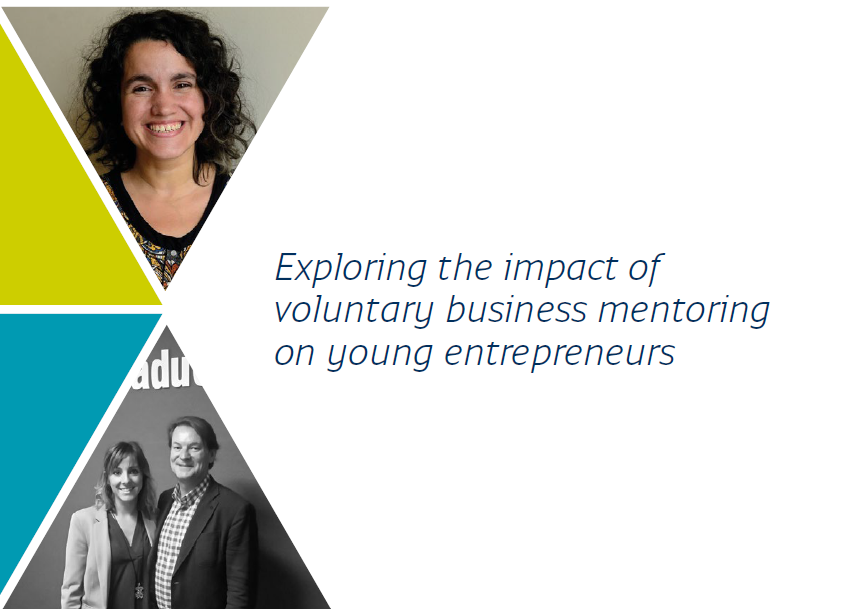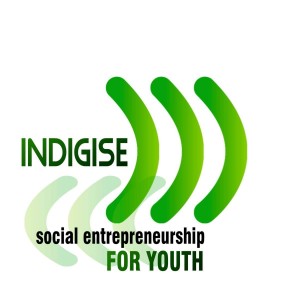Youth Business International (YBI) is a world-known international organisation helping young people to launch and escalate their businesses. For more than a decade, YBI has run successful mentoring programmes in various countries to share the business experiences with youth and empower it for action. In this period of time, more than 40 YBI members were supported in designing own mentoring programmes.
Now YBI network shares its experience with others to enhance mentoring activities and larger support of youth by guiding on steps and qualities of successful mentoring programme design:
1. The emphasis and focus on the need to effectively build, operate, and support a mentoring programme. It all starts with great design work, not just putting two people together and telling them to mentor. The values should be clearly prioritized:
-
Quality: we tried and tested consistent approach (example: Ten-step mentoring model).
-
Collaboration: we work with local need, expertise and tailor our approach accordingly.
-
Tenacity: we stay with the member for 12 months engaging at the start and, continuing with remote calls and finally a second visit prior to the member building a sustainable plan for the future.
2. Exploring the difference between mentoring, coaching, and advising. In our experience, everyone has a different definition of these practices, so it is important to get clear on this and work with current understandings. However, we also know that the crossover is huge and it’s about making sure your participants and stakeholders are clear about what is expected of them all.
3. Different modalities. The report demonstrates different routes to mentoring design. We have certainly seen many of these variations take place around our network. But we agree – one to one really offers the most value and sometimes, if you call everything mentoring, you can confuse the issue and devalue a one-to-one mentoring programme.
4. The six-step design process – reflects much of our own 10 step process. A few reflections and call outs here are:
-
Recruitment – your mentors are your best advocates and recruiters – ensure you recognise and invest in them.
-
Matching – is definitely an art, not a science, and if on those odd occasions you get it wrong, it is ok to start again.
-
Training – ensure you make it memorable and inspiring; focus on attitude, skills and knowledge; and give people the opportunity to practice the skills they can use as a mentor.
What we know from our own research and from our members around the world is that there are other key areas of importance when designing and running a mentoring programme:
5. Training of mentees, as well as mentors – both within the YBI network and through our team’s broader expertise in the world of mentoring, we know that only preparing and training mentors is not enough. Mentees must also be given the space to learn what is expected, how the relationship will work and how to get the most out of the relationship. Clearly managed expectations from the start delivers huge value later.
6. The importance of an excellent Mentoring Programme Manager – we simply cannot over-emphasise the value of having a brilliant Mentoring Programme Manager, who is also supported from the top i.e. by the CEO, Director or Board. Every programme that we have ever seen fail generally does so from the loss of the Programme Manager. The Programme Manager is the life blood of any programme and these are the reasons why:
-
Advocates and ambassadors for mentoring – they are familiar with the business case for mentoring and are expert at explaining this to a variety of stakeholders.
-
Marketers for the programme – they drive the recruitment of participants onto the programme and use their network to connect with as broad and diverse a group of people as possible.
-
Essential for matching – the matching of mentoring pairs is arguably one of the most challenging elements of the programme set up and they go the extra mile to ensure the best possible fit.
-
Mentor skills – for a mentoring programme to be truly sustainable it cannot rely on external support for all things. Great Programme Managers ensure they up-skill themselves as mentors and take up opportunities to practice.
-
Finger on the pulse – the Mentoring Programme Managers are connected to their participants – knowing that they need to have a sense of what’s working and what isn’t, who needs help, what are the early success stories that are emerging?
-
A genuine belief in the power and impact of mentoring – they generally have a passion for mentoring and for helping people to get the most from relationships.
7. The recognition, recognition and further recognition of mentors – the YBI network approach to mentoring requires all mentors to be volunteers. Over the years as we’ve explained this approach to members around the globe, the first reaction is disbelief that anyone with the experience required would be willing to volunteer their time to act as a mentor. Yet they do. It has been a pleasure to watch our members’ faces turn from disbelief to joy as their mentor numbers grow and their programmes flourish. However, to do this requires effort and the constant engagement and support of mentors. Our mantra is always “recognition, recognition, recognition”. How will you show your mentors that you value them?
8. The value of programme evaluation – this can be a challenge; how do you measure the impact of a relationship? As our friend and colleague Professor Bob Garvey often says “Does friendship work? How do you know it does?” As we all know, it just does. But we also know that tracking and sharing impact allows us all to demonstrate the critical value of mentoring. So, ensuring you have a robust way to measure impact, both quantitively and qualitatively is essential.
Reference: https://www.youthbusiness.org/resource/evidence-and-tools-effective-mentoring-msmes
This publication has been prepared within INDIGISE project. The content of this publication is the sole responsibility of the project coordinator and may not always reflect the views of the European Commission or the National Agency.


















Leave A Comment